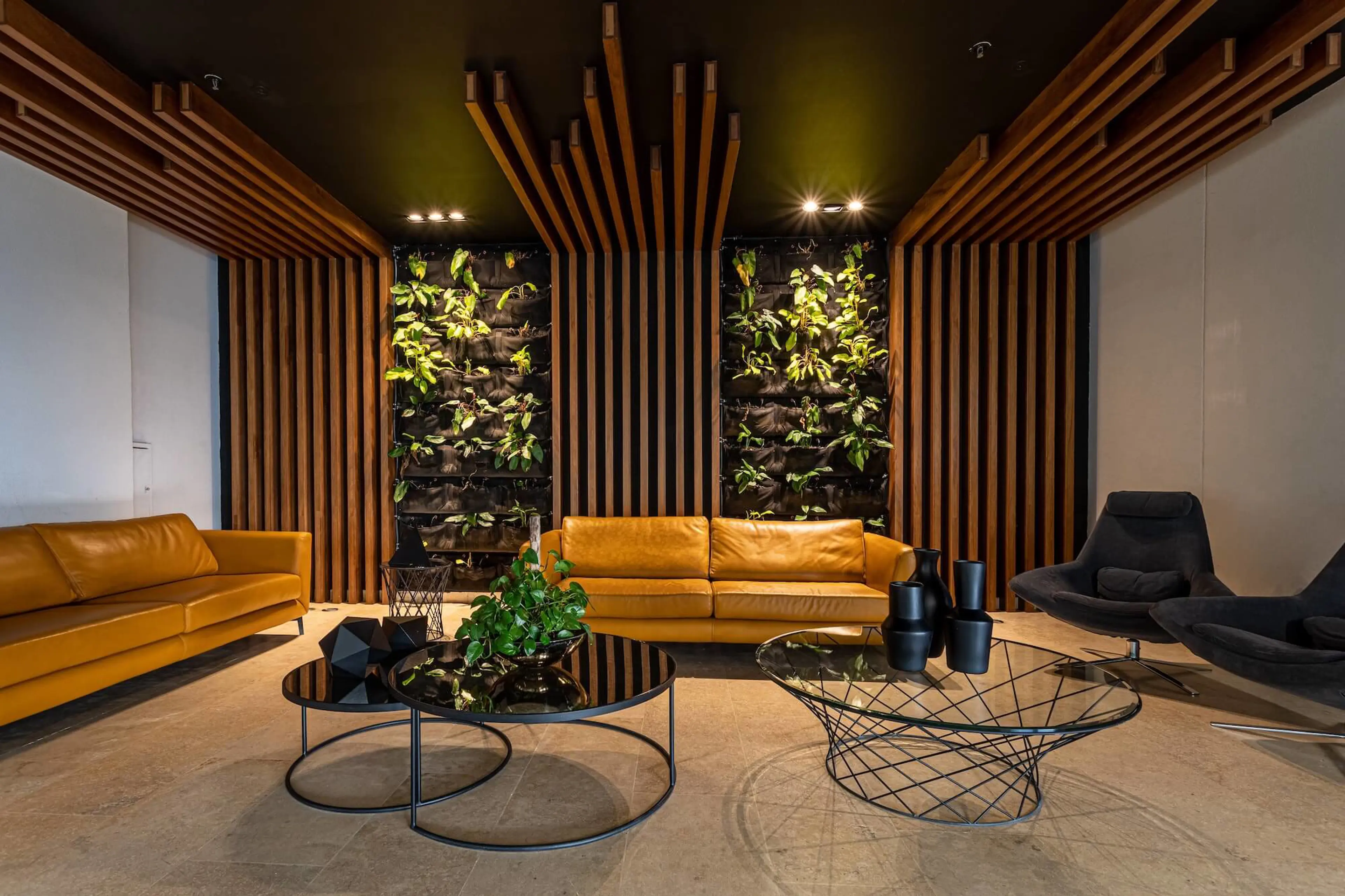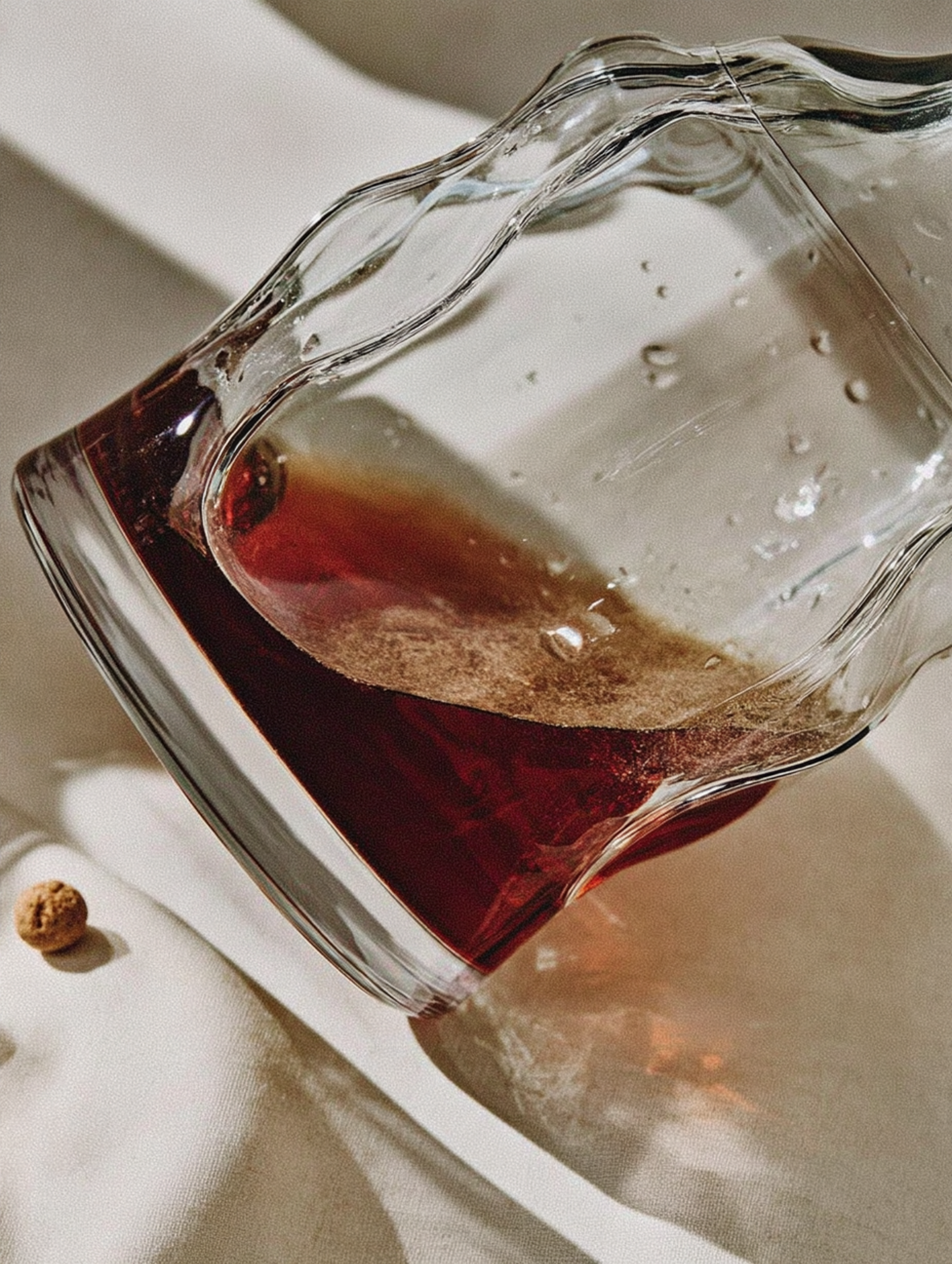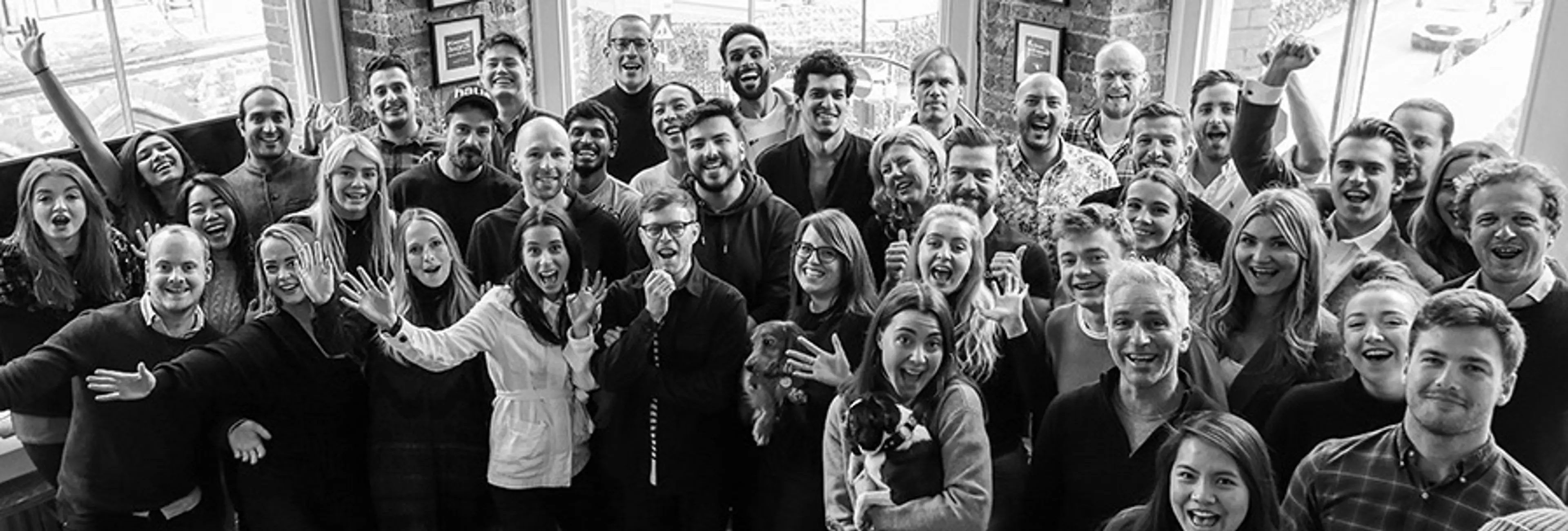
Hospitality & Travel
1 Jul 2021
5 Min Read
The Diversification of the Hospitality Industry
Diversification strategies in business are nothing new, but the mass acceleration and adoption of innovation that we’ve seen over the course of the past year is. The hospitality business is an excellent case in point.
Hospitality & Travel



